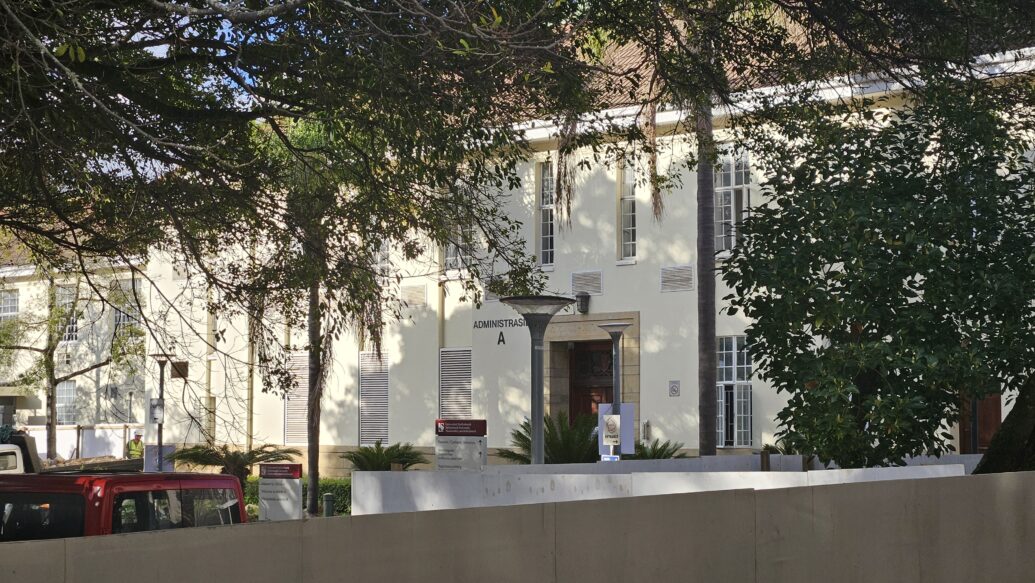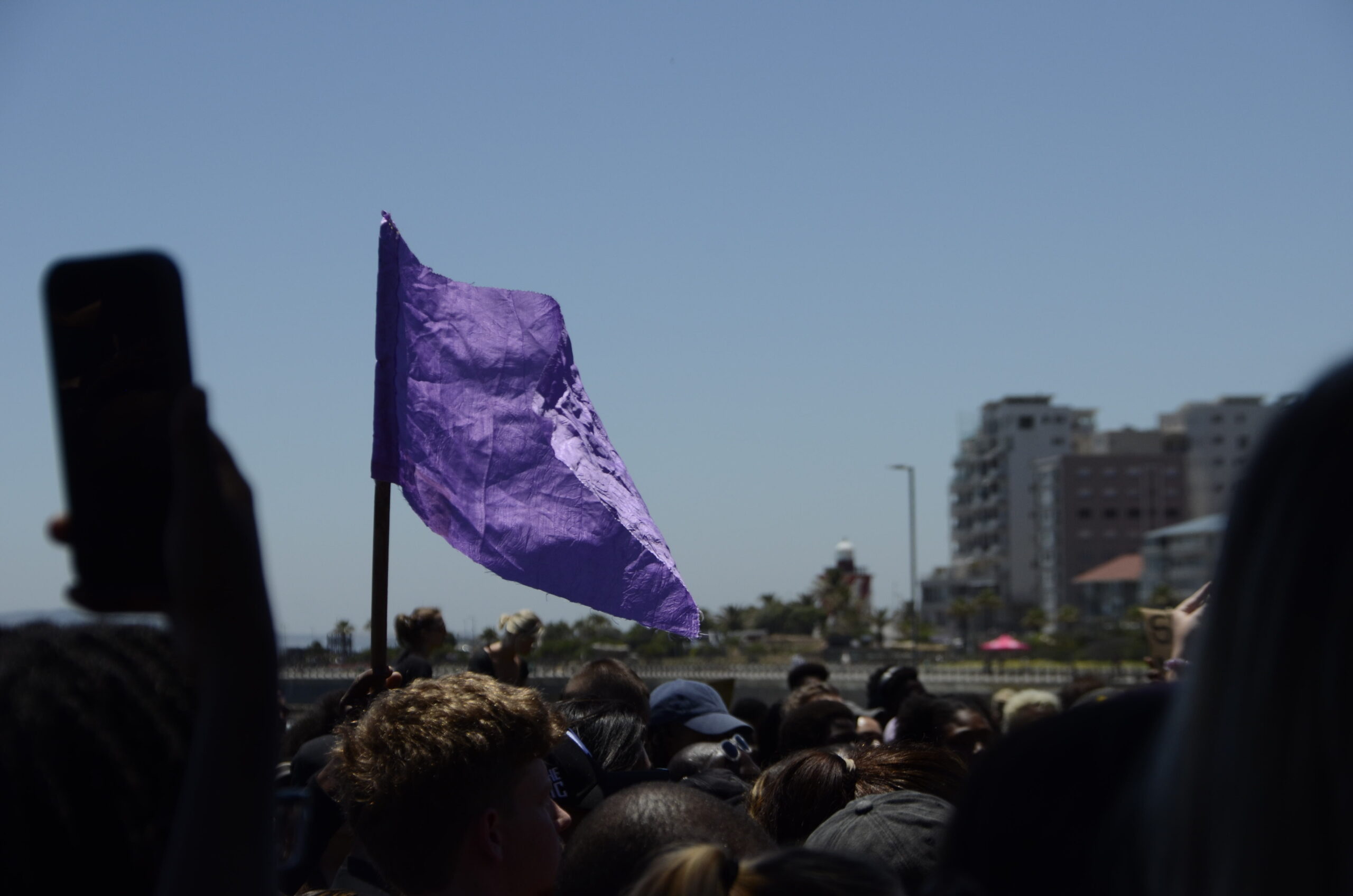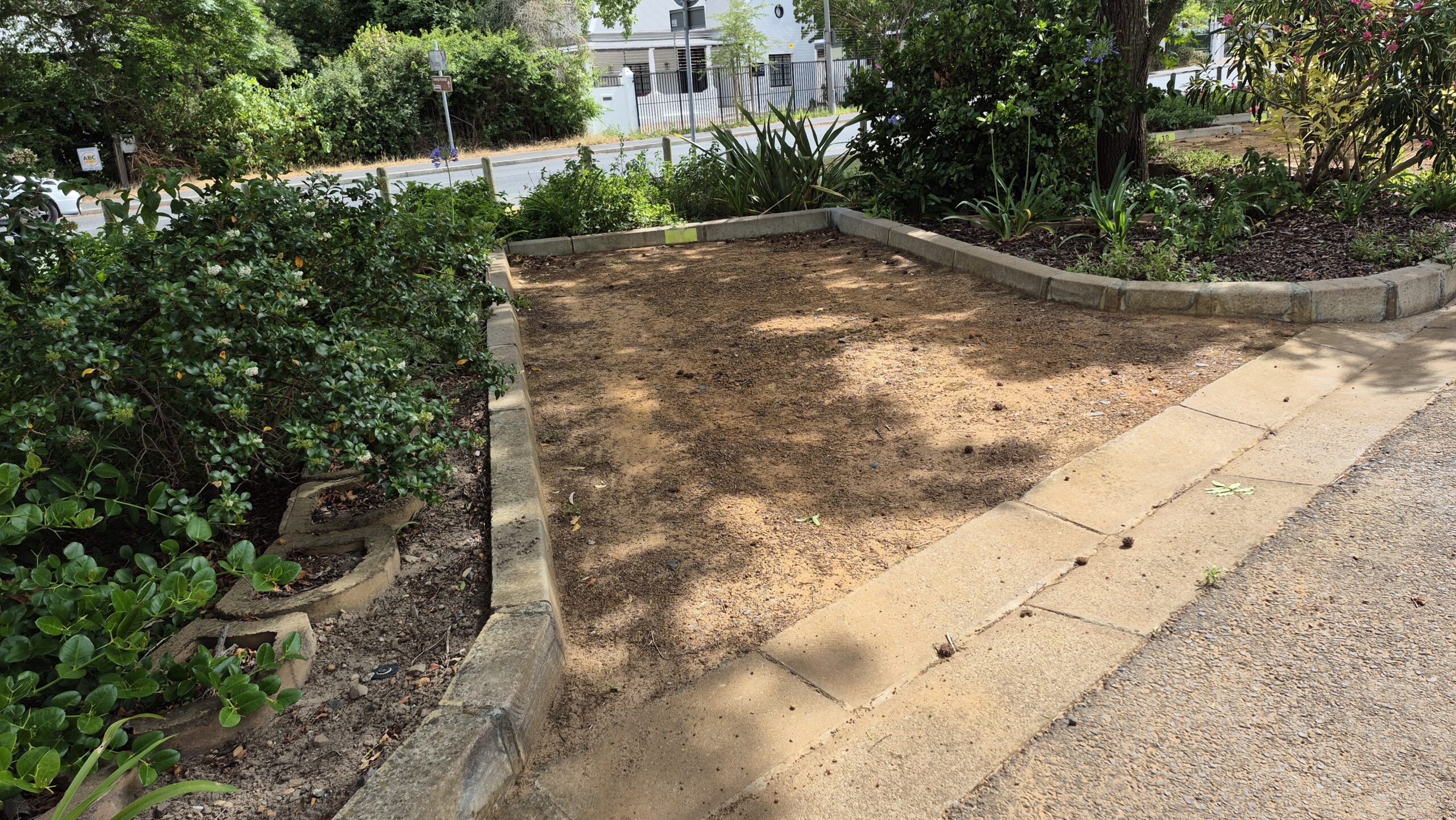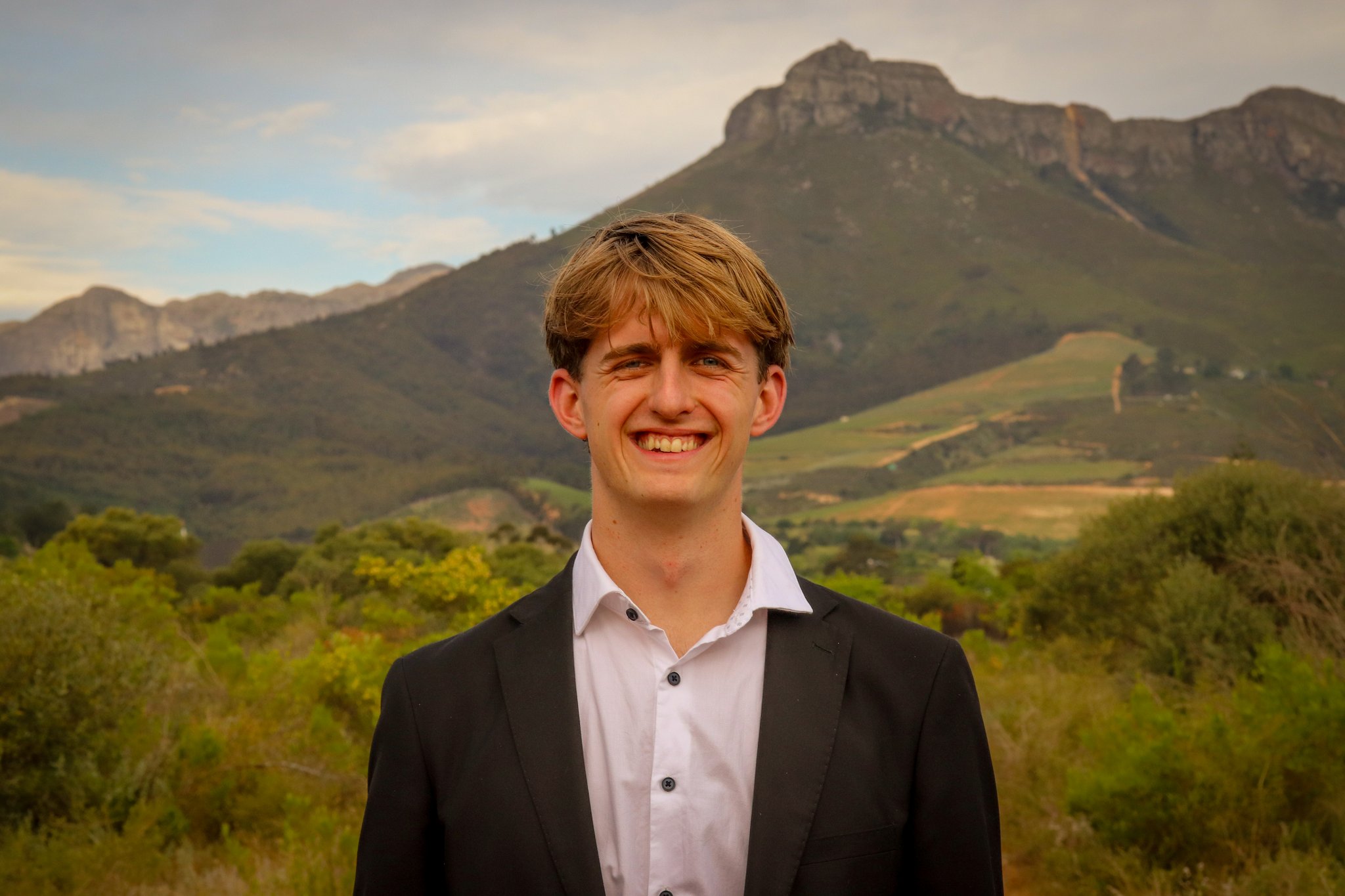
By Tenisha-Kami Taylor
With semester two in full swing, NSFAS (National Student Financial Aid Scheme) students are trapped in a crisis: no transport, no allowances for months, hungry for answers. Many say that they’ve been left in the dark, with no clear answers or communication about when support will come, though Stellenbosch University (SU) insists otherwise.
Stellenbosch University’s Financial Office “[…] assists with the administration of bursary disbursements to successful recipients [awarded the NSFAS DHET bursary],” explained Communications Specialist Petro Mostert.
Outside of SU, Minister of Education Dr. Nobuhle Nkabane announced a 4% increase in NSFAS allowances, in February 2025, covering accommodation, meals, and transport. Yet, seven months later, many SU students still haven’t received the updated amount.
“For the past three months, I have been receiving R1 491 instead of R1 716,” reports second-year BA(Social Work) student Thatohatsi Moselenyane. Similarly, third-year Social Work student Nonhlanhla Mkhasibe, who lives in an off-campus residence, explained that “[i]n May and June, I received R4 500 for rent,” instead of the stipulated R5 000 per her signed lease. Furthermore, Thatohatsi Moselenyane adds, “I still don’t know why I’m not receiving the full amount,” when asked if SU had communicated.
However, the opposite story emerges from the Centre for Undergraduate Bursaries and Loans (CUBL), which claims, “[w]e send out monthly communication to keep students in the loop about what may affect them.”
Yet the July 2025 email never addressed the shortfalls, focusing only on accommodation changes. Nonhlanhla states that she only became aware of the matter when she checked her student account.
Second-year BA (Humanities) student Olona Mvandaba says regarding the office’s agency, “[o]ften, I leave the office with more uncertainty than when I arrived, [unsure] how [and when] my issue [will be] addressed.”
The Finance Office told Die Matie the problems would be resolved between 25 August and 1 September 2025. This came after the first formal acknowledgement on 22 August—two months after the issue began and notably, only after Die Matie reached out about covering the story. This raises the question: without external pressure, would the issue have been recognized at all?
With promises of resolution, students cling to the hope that their struggles will finally be addressed. But the gap between official statements and lived reality remains stark.
As September stretches on without resolution, the question grows urgent: how much longer must students wait? Prioritizing the 14% of SU students reliant on NSFAS remains a pressing and urgent concern.




Last week, I asked the chairperson of NSFAS , Dr Karen Stander, about attending to unpaid student fees from 2024 and her answer was:”We are in the process”.
It’s how they sent an email saying that we will get our money between the 25 August and 1 September but we haven’t heard from them till today. I am failing to understand as to why are they still giving us problems with our money since from the beginning of the academic year till now.